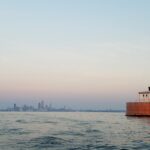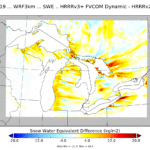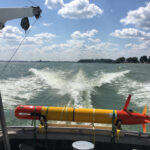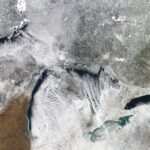A new video SMART BUOYS: Preventing a Great Lakes Drinking Water Crisis released by Ocean Conservancy describes how NOAA forecast models provide advance warnings to Lake Erie drinking water plant managers to avoid shutdowns due to poor water quality. An … Continue reading

March 4, 2019
by Nicole Rice
Comments Off on NOAA and partners team up to prevent future Great Lakes drinking water crisis



